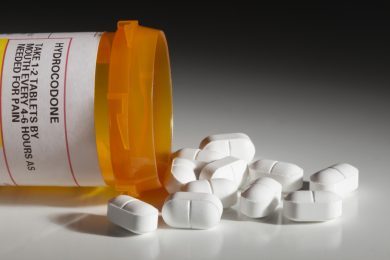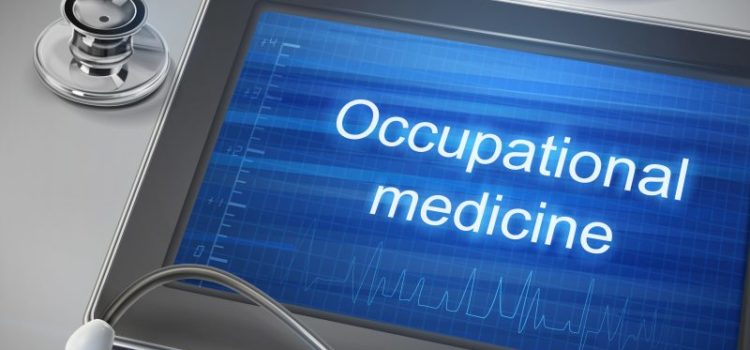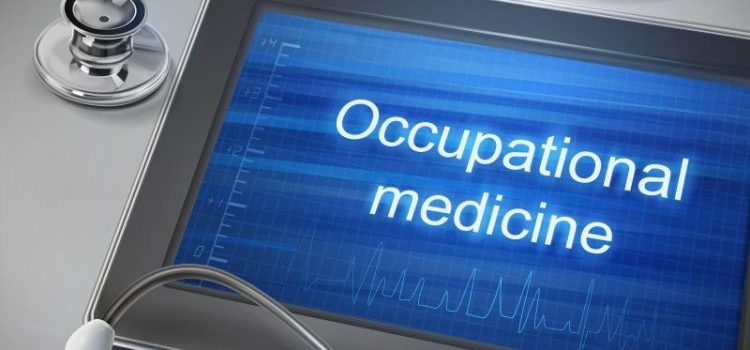The Occupational Safety and Health Administration (OSHA) recently investigated a serious case of violations of worker safety standards that led to a 31-year-old factory employee who developed accelerated silicosis ultimately needing a double lung transplant. Other workers at the same home-products manufacturing facility in Chicago also reported unresolved lung disease from breathing silica dust, including severe illness that will require a lung transplant for at least one more employee in the future. Urgent care operators …
Read More







